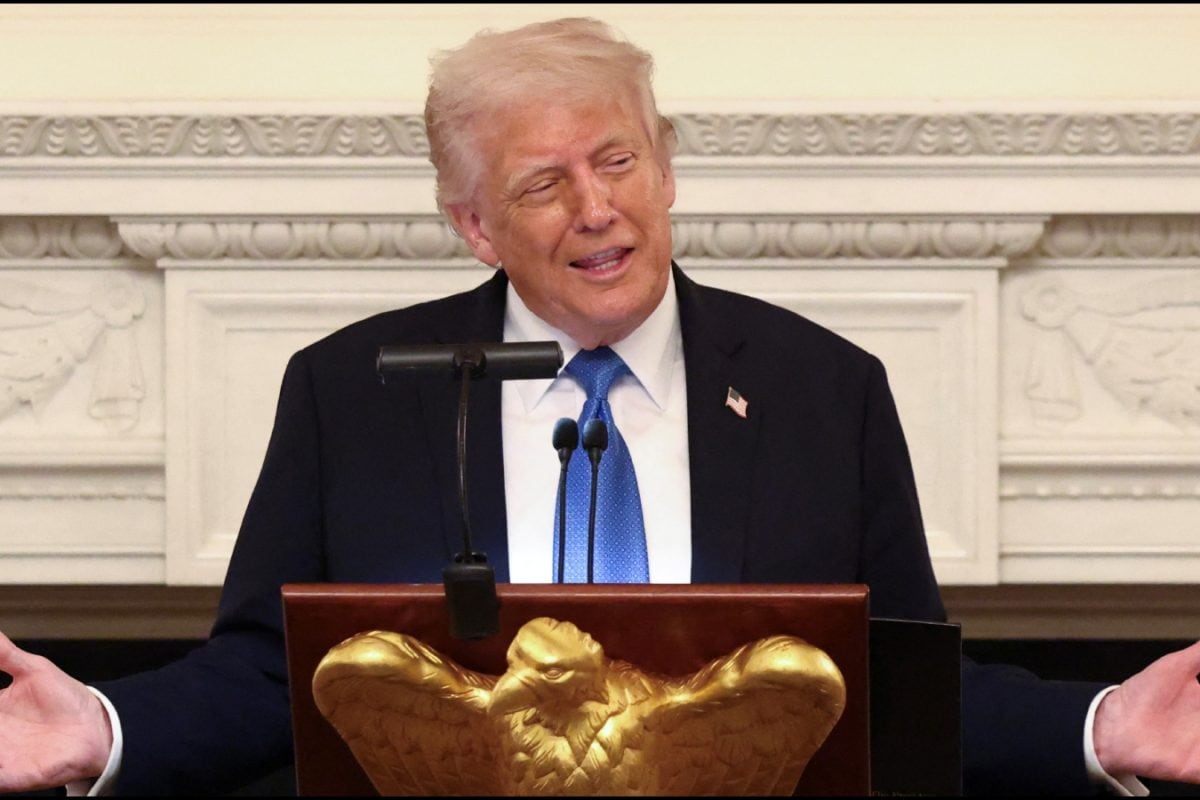

Donald Trump is once again taking aim at Apple's global manufacturing strategy, threatening to impose a 25% tariff on iPhones and other Apple products if the company does not shift production to the United States. In a recent post on his Truth Social platform, Trump stated, "I have long ago informed Tim Cook of Apple that I expect their iPhone's that will be sold in the United States of America will be manufactured and built in the United States, not India, or anyplace else." He added, "If that is not the case, a Tariff of at least 25% must be paid by Apple to the U.S. Thank you for your attention to this matter!".
This isn't the first time Trump has pressured Apple to bring manufacturing back to the US. These demands come as Apple has been actively diversifying its supply chain, particularly shifting iPhone production away from China amidst ongoing trade tensions between the US and China. India has emerged as a key alternative manufacturing hub for Apple.
Apple began manufacturing iPhones in India in 2017 and has gradually increased production capacity in the country. As of early May 2025, India accounts for approximately 18% of global iPhone production. Reports indicate that Apple intends to manufacture the majority of iPhones destined for the US market in India by the end of 2026. This move aligns with India's "Make in India" program, which encourages companies to manufacture goods within the country. Apple's manufacturing partners, including Foxconn and Tata Group, have been expanding their operations in India to support this shift. Foxconn, for example, is investing $1.5 billion to expand its Indian operations and plans to produce 25-30 million iPhones at its India plants in 2025, more than doubling the previous year's output.
While shifting production to India offers Apple certain advantages, including lower labor costs and a growing domestic market, Trump insists on US-based manufacturing. However, analysts like Dan Ives from Wedbush Securities believe that significant iPhone production in the US is unlikely in the near term. Ives estimates that US-manufactured iPhones would cost consumers around $3,500 each due to higher supply chain complexities and manufacturing expenses.
Apple has been making significant investments in the US, announcing plans to spend over $500 billion in the country over the next four years. These investments include expanding teams and facilities in multiple states, including Texas, Michigan, California and others. Apple is also building a new manufacturing facility in Houston to produce servers that support Apple Intelligence.
The potential impact of a 25% tariff on iPhones made outside the US could be substantial. It would likely lead to increased prices for consumers, potentially impacting sales and Apple's profits. It could also further strain relations between Apple and the US government, adding to the uncertainty surrounding international trade and supply chains.